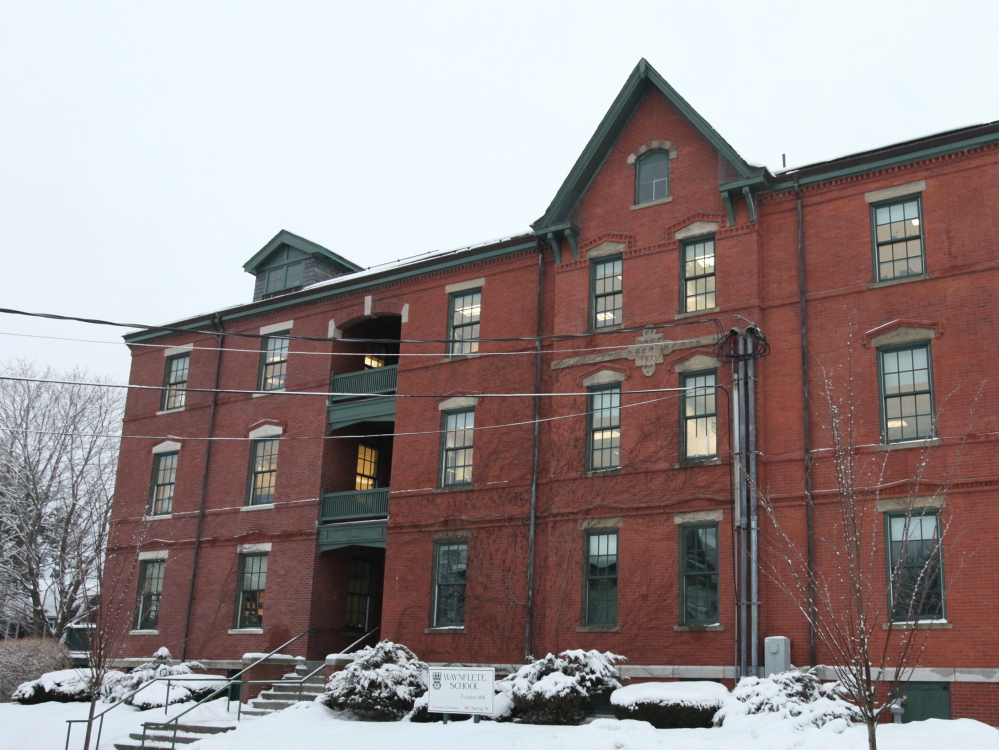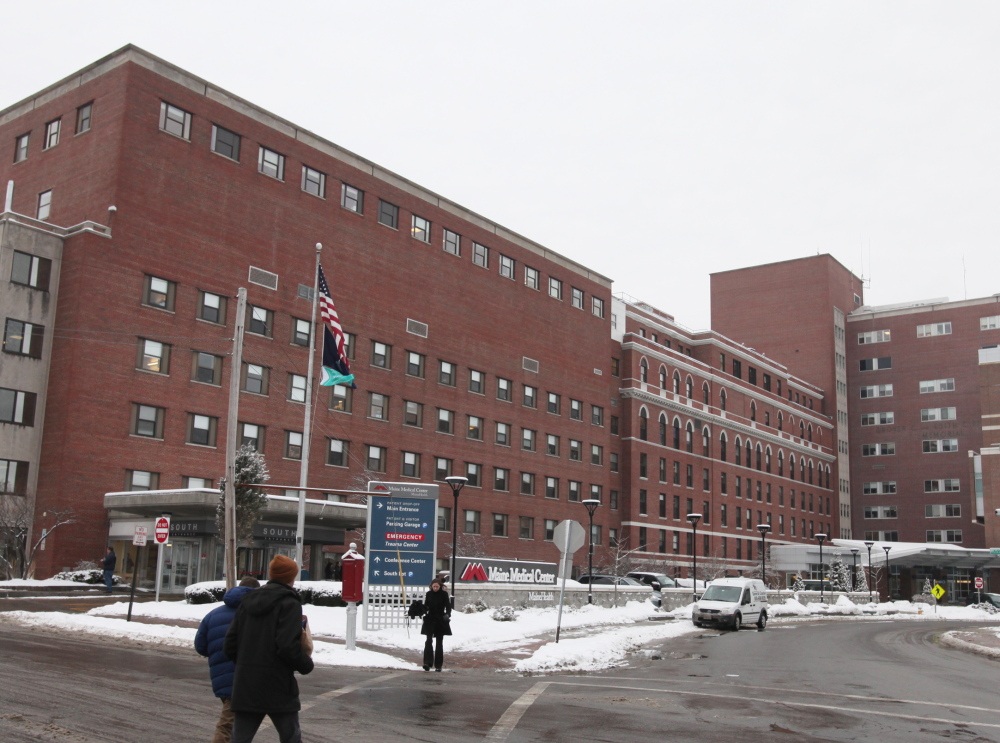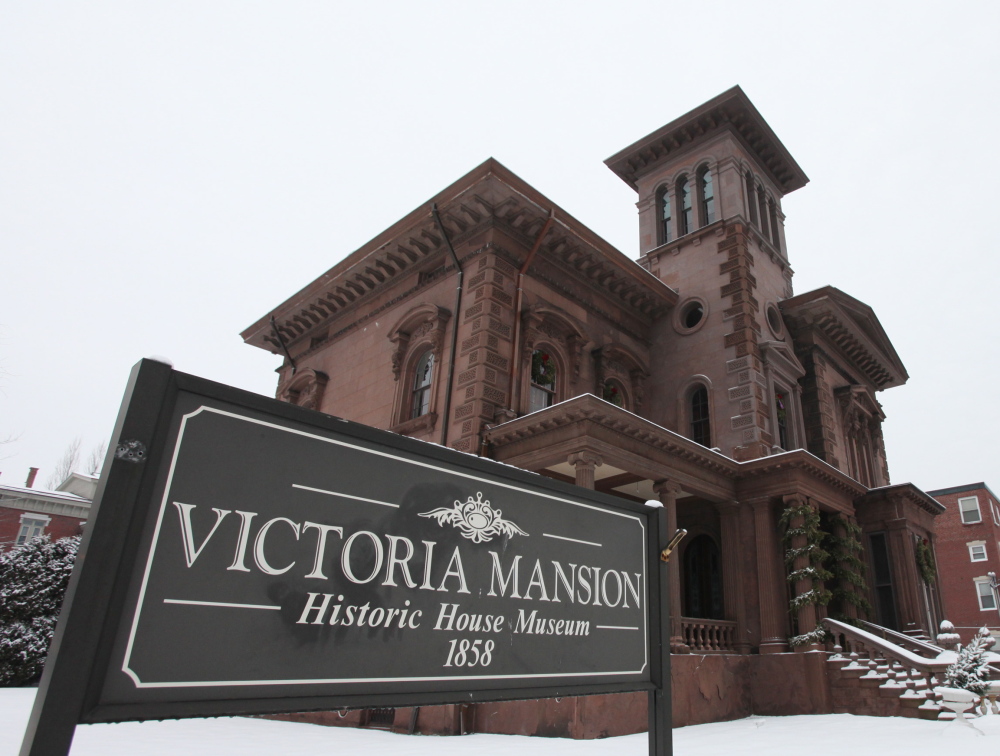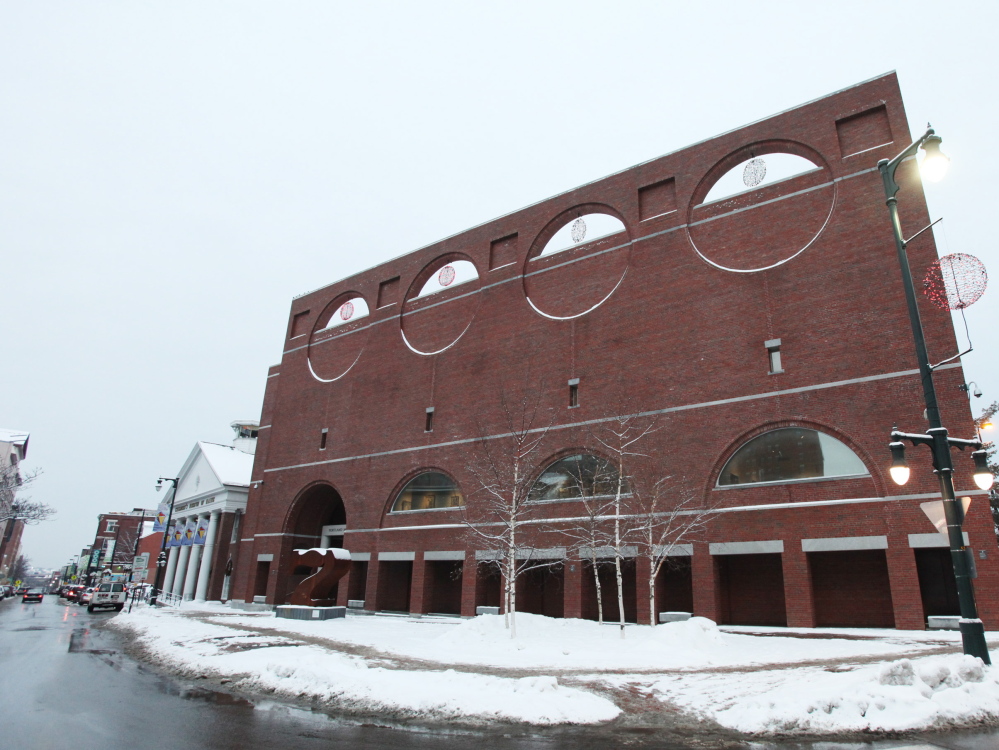AUGUSTA — About 150 Maine towns and cities could benefit from Gov. Paul LePage’s plan to eliminate state revenue sharing with municipalities in exchange for allowing localities to tax larger nonprofit organizations.
However, the Maine Municipal Association says the majority of towns and cities will not be able to rely on taxes from nonprofits to offset revenue losses under a LePage proposal that could force localities to increase property taxes to help pay for schools, snowplowing and other services.
The association’s preliminary analysis offers an early indication of the tensions behind what is expected to be the dominant issue of the legislative session. Hospitals and private colleges – two types of nonprofits now exempt from property taxes – are likely to push hard against a plan that is integral to the LePage administration’s ambitious and comprehensive tax-reform proposal.
“Our members are not in a position where they can afford to absorb tens of millions of dollars (in taxes) from the state,” said Jeff Austin, a lobbyist with the Maine Hospital Association.
The governor’s $6.3 billion, two-year budget would reduce income taxes, eliminate the estate tax and raise sales taxes. LePage, a Republican elected to a second term in November, plans to transition Maine from what he says is “an income-based economy to a consumption economy.”
The plan also would eliminate the revenue sharing program that provided roughly $60 million to municipalities to pay for services and reduce property taxes.
LePage, a former Waterville mayor now critical of municipal revenue sharing, has proposed allowing towns and cities to offset those losses by beginning to collect property taxes from nonprofits with $500,000 or more of assessed value. Churches and government-owned entities would remain tax-exempt. Additionally, municipalities would receive roughly $9 million in telecommunications taxes now collected by the state.
Representatives of the Maine Department of Administrative and Financial Services did not respond to requests for comment Monday. However, LePage said last week that he believes many towns and cities will come out ahead.
“I think it is going to at least provide what is being provided by revenue sharing at this point, and then we are going to add onto that the telecommunications (tax),” LePage said. “So I think it is going to provide more bang when everything is said and done.”
WINDFALLS AND DEFICITS
Communities with large hospitals, private college campuses or scientific research labs could end up with a revenue windfall by taxing nonprofits. Rural or suburban bedroom communities without large nonprofits, on the other hand, could face property tax increases or fewer municipal services if the revenue sharing from Augusta is cut off.
Southern Maine stands to benefit the most from the governor’s proposal because of its disproportionate concentration of nonprofits.
For instance, Cumberland County had 746 public charities – nearly 30 percent of the 2,600 statewide – in 2012. Piscataquis County, by comparison, was home to just 24 charities, according to a report prepared by the Maine Association of Nonprofits based on 2012 U.S. Census data.
The Maine Municipal Association, which lobbies on behalf of local governments at the State House, estimated in a memo sent to municipal officials Monday that 150 towns and cities would see benefits from the expanded tax base. That leaves about 350 towns and cities – particularly in rural northern, western and Down East Maine – that do not have nonprofits large enough to be taxable.
While applauding the governor’s attempt to broaden the tax base, the MMA called the overall result “a lopsided swap” for municipalities. Geoff Herman, who heads the association’s legislative division, said the governor proposes to take away $1 and give back 50 cents to municipalities.
“Taking away revenue sharing is going to increase property taxes statewide,” Herman said. “That’s a given.”
The city of Portland was projected to receive $3.9 million in revenue sharing in fiscal year 2015 as part of its roughly $220 million budget.
The city listed roughly $750 million worth of tax-exempt property held by charitable, scientific, fraternal and veterans organizations in 2013, according to a report compiled by Maine Revenue Services.
Portland spokeswoman Jessica Grondin said officials had not yet calculated how the city would fare financially. Because nonprofit properties are not subject to tax now, the city likely would need to update tax assessments on nonprofit buildings, she said.
“We need to look at the entire package of what he is proposing,” Grondin said, adding that the City Council will hold a workshop to discuss the budget proposal Feb. 2. “We are looking into it and it is something we are trying to understand more to see what it means for us.”
IMPACT IN OTHER LOCALITIES
Across the harbor in South Portland, City Manager James Gailey also was trying to get his head around the potential effects of the LePage budget Monday. Gailey said that, based on a preliminary survey, South Portland has 19 nonprofits with an assessed value in excess of $500,000, a list that includes the South Portland Housing Authority, the Boys & Girls Club and a branch of Mercy Hospital.
Asked if he was concerned about the governor’s proposal, Gailey replied “absolutely.”
“I don’t think it’s a one-to-one match,” Gailey said. “It’s not going to make up for the loss of revenue sharing.”
Brunswick, meanwhile, could come out ahead if LePage’s proposal goes through as written – an unlikely scenario given the anticipated opposition from Democrats and some Republicans to the sweeping tax rewrite plan.
Town Manager John Eldridge said the proposal would affect Brunswick’s relations with two of its largest employers, Bowdoin College and Mid Coast Hospital.
Although Brunswick has not conducted a tax assessment of its nonprofits, it did a preliminary assessment of Bowdoin. The private college’s valuation is roughly $150 million, so Eldridge calculated that would yield about $2 million in tax income under LePage’s plan. The town receives nearly $1 million each year in revenue sharing.
Doug Cook, a spokesman for Bowdoin College, declined to comment for this story. The relationship between Brunswick and Bowdoin has historically been a mixture of tension and coziness.
Over the years, the college and the town have collaborated on infrastructure projects, and land and building swaps. Eldridge said the college often contributed to major infrastructure projects, including $400,000 for a recent $1.3 million stormwater overhaul on Maine Street. The college also paid $223,000 in taxes for property not exempt from taxation, as well as a $125,900 gift to the town, often called a “payment in lieu of taxes.”
Members of the college alumni and faculty have served on various boards and commissions, including the Town Council, which would authorize a tax on Bowdoin if the governor’s proposal became law.
HOSPITAL ASSOCIATION BALKS
In fact, nonprofits are the largest employers in some towns and cities, which could put municipal officials in the uncomfortable position of deciding whether to tax the organizations.
Hospitals are often at the top of the list.
According to the Maine Department of Labor, hospitals account for four of the top 10 largest private employers in the state. The Maine Association of Nonprofits report estimated that 37 percent of the 86,000 people working for “public charities” statewide are employed by hospitals, which account for 32.7 percent of $13.5 billion in total assets among charities.
Maine Medical Center has more than $200 million in assessed property in Portland alone, according to the city’s tally of tax-exempt real estate. A lobbyist for MaineHealth – the nonprofit that operates Maine Med – deferred comments on the governor’s budget Monday to the Maine Hospital Association.
Austin, the association’s lobbyist in Augusta, said it is too early to say how much LePage’s proposal would cost the state’s hospitals. But he said it is safe to say the figure is “easily in the tens of millions” of dollars on top of the roughly $100 million in unreimbursed care that hospitals provide to uninsured Mainers annually.
Austin said no one from the LePage administration consulted with him or his organization before Friday’s announcement.
“We are very disappointed we are seeing this proposal again,” Austin said. “The Maine Legislature has reviewed this year after year and always rejected it. The vast majority of states don’t tax hospitals and the reason is very simple: A tax on a hospital is a tax on our customers.”
With their spacious campuses, private colleges are often major landowners in host communities. Though officials from Bowdoin and the University of New England declined to comment on the governor’s budget plan when contacted Monday, Bates College President Clayton Spencer expressed concerns over the weekend that the taxes could cut into the institution’s financial aid and social programs.
Bates awarded roughly $4.7 million in financial aid to Maine students last year – averaging $37,000 per student – including $788,000 to Lewiston-Auburn students.
“We work very hard to control our costs so that we can offer these programs as well as generous financial aid to talented students, a large number of whom come from Maine,” Spencer said in a written statement. “Adding significant new expenses to our budget, as the governor’s proposal would seem to do, would threaten our ability to provide these services.”
Send questions/comments to the editors.






